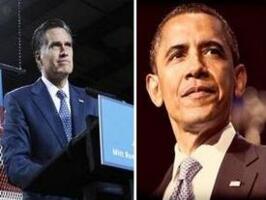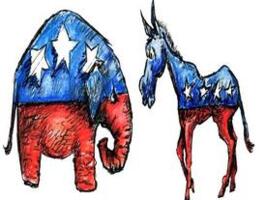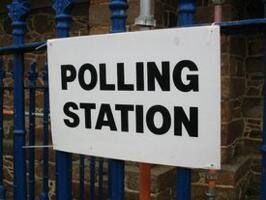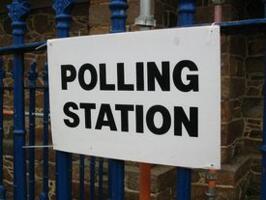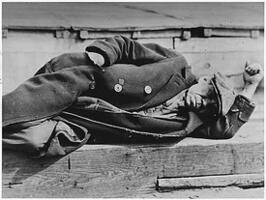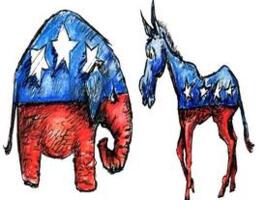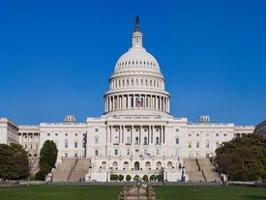Who Will Win? 51% Say Obama, 39% Romney
Fifty-one percent (51%) of Likely U.S. Voters still think President Obama is the likely winner of the presidential race, while 39% expect Mitt Romney to come out on top, according to a new Rasmussen Reports national telephone survey.
Confidence in Romney has been inching up and is now at its highest level in surveys since late August. The 12-point gap between the candidates is the narrowest yet, down from 20 points just two weeks ago. (To see survey question wording, click here.)
Win an IPad: Take the Rasmussen Challenge.
(Want a free daily e-mail update ? If it's in the news, it's in our polls). Rasmussen Reports updates are also available on Twitter or Facebook.
The survey of 1,000 Likely Voters was conducted on October 19-20, 2012 by Rasmussen Reports. The margin of sampling error is +/- 3 percentage points with a 95% level of confidence. Field work for all Rasmussen Reports surveys is conducted by Pulse Opinion Research, LLC. See methodology.
